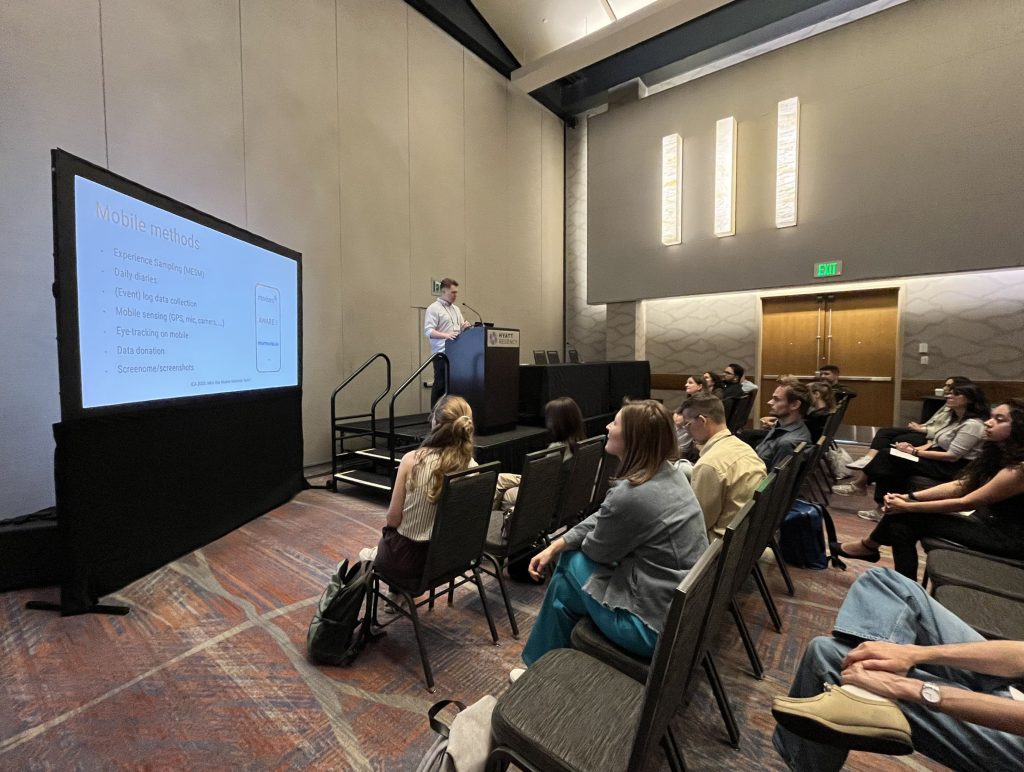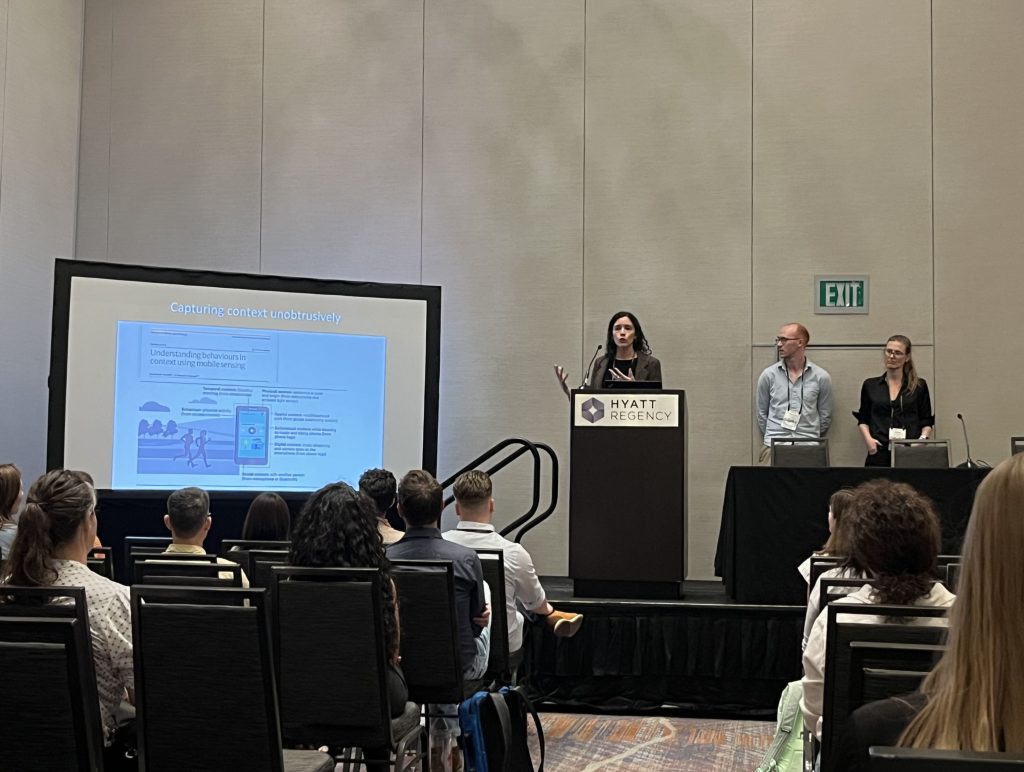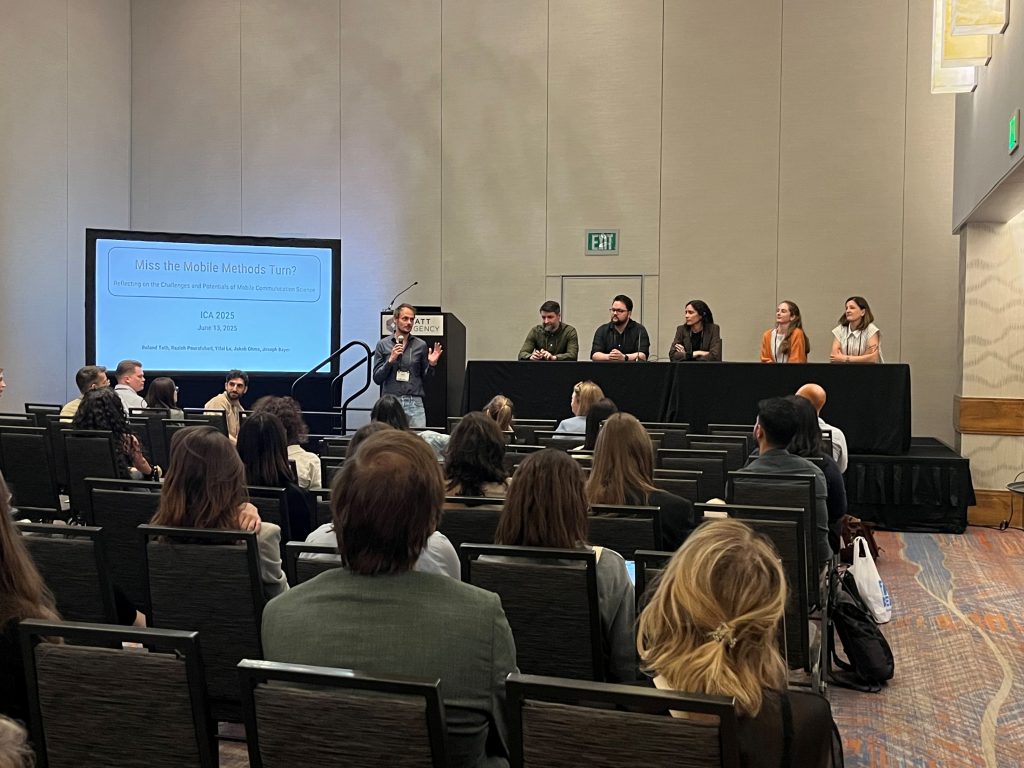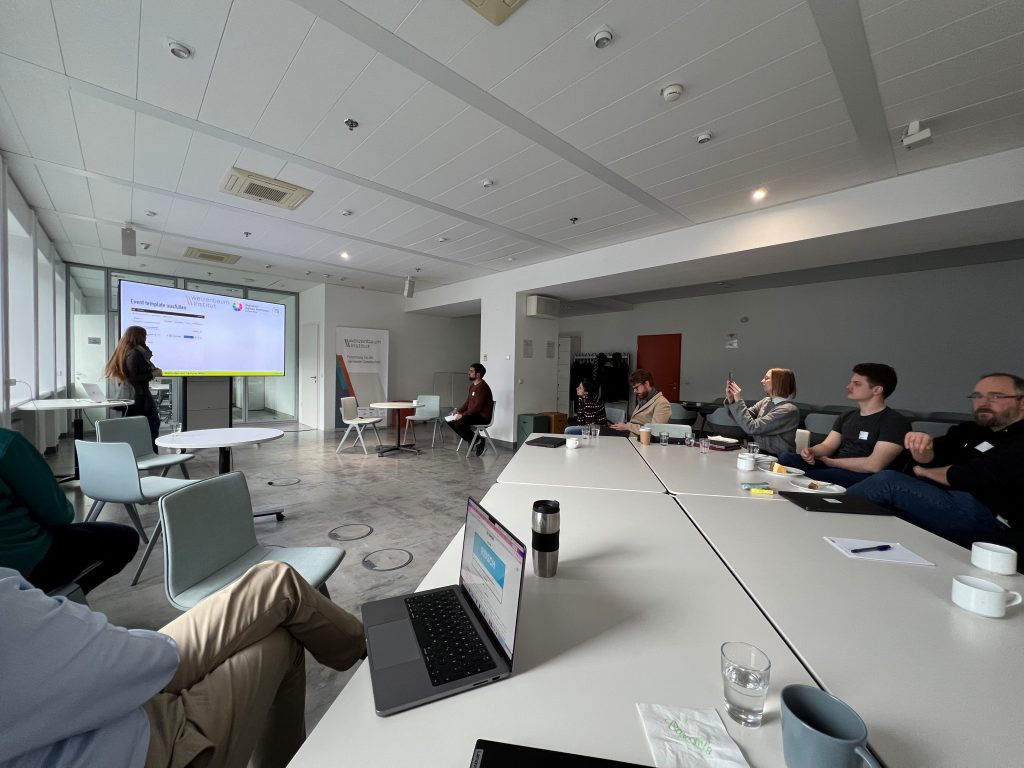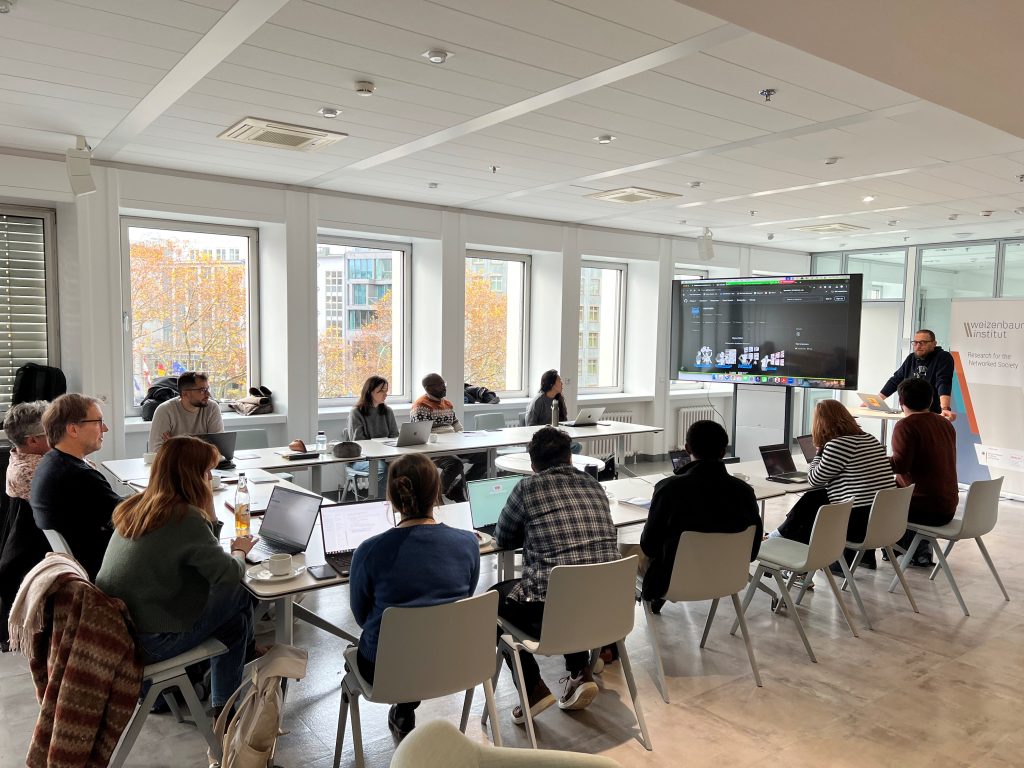In a world where smartphones are rarely out of reach, the conversation around mobile media use has long centered on one metric: screen time. But what if the real story isn’t about duration, but about how we use these devices?
The Methods Lab is proud to share a new publication in Computers in Human Behavior Reports, authored by Roland Toth, Aurelio Fernández, Javier García-Manglano, and Pedro de la Rosa. Titled Quality and quantity: The role of gratification and situation variety when measuring mobile media use, this study challenges the dominance of screen time and proposes a more meaningful way to understand smartphone engagement. This publication is a result of a cooperation between the Methods Lab and the Institute for Culture and Society at the University of Navarra that was initiated with a research stay in 2023.
Using data from 1,525 Spanish emerging adults across three waves of a national panel study, the researchers suggest that the variety of gratifications (such as staying informed, socializing, organizing, or escaping stress) and the diversity of situations (different combinations of places, activities, and social settings) play an important role when measuring mobile media use more comprehensively. Both were stronger predictors of mobile vigilance (our constant mental and behavioral attention to devices) than the duration spent using them. Situation variety was particularly strongly linked to mobile vigilance. This suggests that the true significance of smartphone use lies not in how long we use it, but in how deeply and broadly it’s woven into daily life.
The findings challenge the idea that screen time alone captures meaningful engagement. Instead, they highlight that smartphones are not just tools for consumption, but dynamic instruments of identity, connection, and routine – especially when used across varied purposes and contexts. This paper calls for a shift in research: measuring not just how much, but to what extent people leverage their devices. By integrating quality dimensions like gratification and situation variety, researchers can gain a richer, more expressive picture of digital behavior.
As mobile media evolve, so must our methods. This work is a step toward a more human-centered understanding of digital life – one that values depth over duration.
